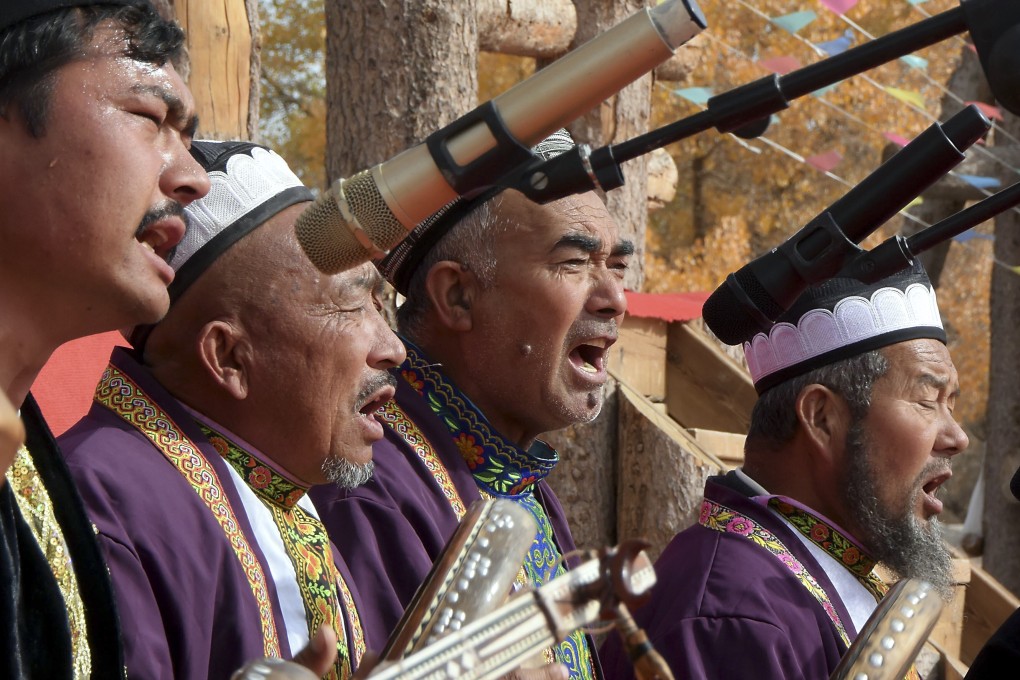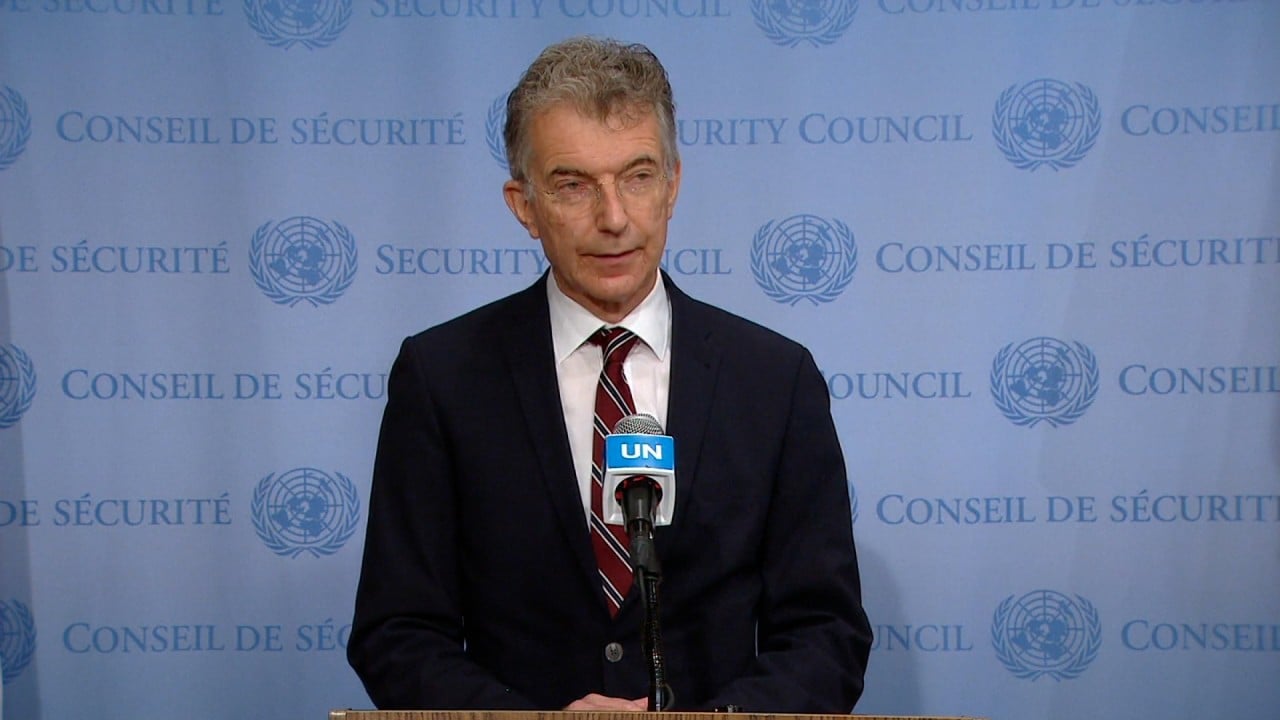Advertisement
Letters | Chinese culture owes Xinjiang and Uygurs, but all nations act against violence
Reading Time:2 minutes
Why you can trust SCMP
0

I refer to “Let Uygurs feel invested in building shared Chinese identity” (October 7). Your correspondent may not know that minority Uygur culture has long influenced the majority Han-Chinese culture. Music is one of the ways. Let me call it Xinjiang music, because I do not know if this music was invented by the Uygurs.
Xinjiang music is light and free-styled; Han music relatively rigid. Before TV programmes allowed Western music to pour into Chinese culture, Xinjiang music spread, person to person, all over northwestern China and across the rest of the country. The popular songs of famous Taiwanese singers in the 1960-70s were heavily influenced by northwestern music. Even the Chinese national anthem bears a touch of northwestern style. That is, the people of Xinjiang have their share in Chinese culture.
Mongolians are also reported to have problems with central government policy. But when the media reports about China imposing the official language of Mandarin in Mongolian public schools, without mentioning that other countries also teach their official languages in public schools, they generate bias against China.

01:53
Germany and allies call for acceptance of Uygurs and slam China on Hong Kong’s national security law
Germany and allies call for acceptance of Uygurs and slam China on Hong Kong’s national security law
Reporters write about China’s ban on Islamic clothing, without mentioning that at least seven democratic European countries including Germany and France also ban forms of the burka and/or hijab. France’s key argument is that the ban upholds the state’s secular values and religious neutrality.
The bans in Europe also sometimes take into consideration instances of violence. It is the same in Xinjiang, but this is not always mentioned. Violence is against the law, regardless of whether it is motivated by religion, democracy, the Black Lives Matter movement or something else. During the Black Lives Matter unrest, President Donald Trump addressed Americans on law, social order and patriotism. All governments in the world work to maintain national stability. China’s government is no different.

03:08
Protests in Portland and other US cities continue, as Trump answers with ‘surge of federal agents’
Protests in Portland and other US cities continue, as Trump answers with ‘surge of federal agents’
If we are truly concerned about human rights, we should ask the United States and Britain why they ignored the United Nations and bombed Iraq in 2003. Many Iraqis have lost their right to live.
Advertisement